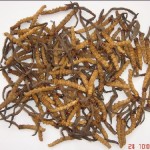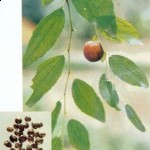 Having a good night of sleep can make all the difference in having a good day ahead. The video below gives some good ideas about Western herbs for sleep and some foods that may help calm you down in the evening. But unfortunately, the dietitian in this segment of Fox News has obviously not heard of Chinese herbs that are commonly used as sleep aids. Drinking Ziziphi or Suan Zao Ren tea, otherwise known as spiny jujube seed, can give you as much if not more relaxation as chamomile tea or valerian tea. Americans are not as familiar with Chinese herbs because they are not yet as pervasive on the store shelves, but they are coming. (Ours are already here) As the world gets smaller, Americans are learnimg more about convention herbal medicines from far away places such as China.
Having a good night of sleep can make all the difference in having a good day ahead. The video below gives some good ideas about Western herbs for sleep and some foods that may help calm you down in the evening. But unfortunately, the dietitian in this segment of Fox News has obviously not heard of Chinese herbs that are commonly used as sleep aids. Drinking Ziziphi or Suan Zao Ren tea, otherwise known as spiny jujube seed, can give you as much if not more relaxation as chamomile tea or valerian tea. Americans are not as familiar with Chinese herbs because they are not yet as pervasive on the store shelves, but they are coming. (Ours are already here) As the world gets smaller, Americans are learnimg more about convention herbal medicines from far away places such as China.
In Traditional Chinese Medicine, ziziphi seed is widely used with other herbs for the treatment of insomnia. I was in a health food store the other day talking to people about iSleep Herb Pac and it was inspiring to hear talk so many people who want to end their addiction to prescription sleep aids. Natural alternatives to sleepless nights do exist. Herbs used in Asia for generations like spiny jujube/ziziphi are the new natural drug of choice.
There are many studies which have examined the effective components of this herb. They have all come to similar conclusions, the sedative and hypnotic effects of jujube seeds come from three important compounds, flavonoids, saponins, and polysaccharides all found inside. The combination and concentration of these chemicals and is truly remarkable in each little seed. Together these active chemicals prolong sleep time, provide more REM sleep and decrease sleep latency, or the time it takes to fall asleep. Some studies point more to the saponins, also found in many foods (ie, alfalfa, fenugreek, oats and potatoes) which help you feel that sedative effect. Asian cultures have known these effects for generations, they never needed a study to know that suan zao ren helps you sleep. They know from experience, past down from generation to generation. They also know Chinese herbs are more effective when combined together with other herbs. But we're still learning.

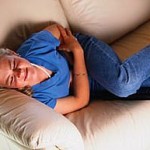

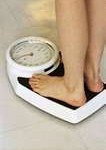
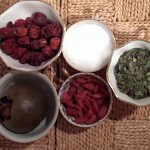
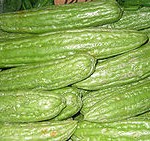

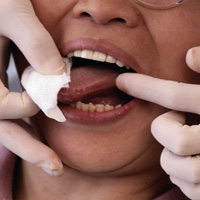
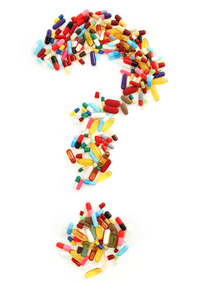 Labels on most herbal products in the US provide little to no information regarding the amount of fillers ie. starch, otherwise known as excipients. Excipients are inactive substance used as a carrier or any ingredient that is added to adjust the intended dosage. Often excipients are used to achieve a uniform 5 to 1 herb ratio. (Basically a diluents). Excipients are also used to improve administration such as making capsules or pressed pills.
Labels on most herbal products in the US provide little to no information regarding the amount of fillers ie. starch, otherwise known as excipients. Excipients are inactive substance used as a carrier or any ingredient that is added to adjust the intended dosage. Often excipients are used to achieve a uniform 5 to 1 herb ratio. (Basically a diluents). Excipients are also used to improve administration such as making capsules or pressed pills.